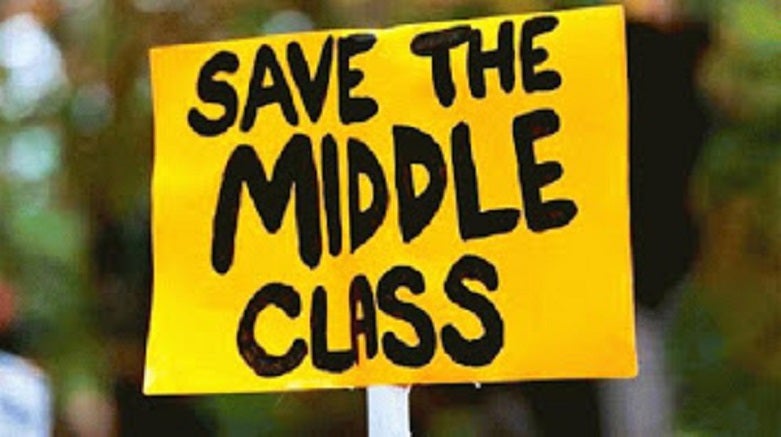Uncategorized
Young Workers Less Likely to Earn More Than Parents

The opportunity to financially get ahead is increasingly difficult for younger workers. The loss of millions of formerly middle-class jobs over the past 50 years provides fewer opportunities to do so, especially for those without a college degree. And that will not likely change without outside intervention.
A new report by The Equality of Opportunity Project finds that while those born in the 1940s had a 92 percent chance of earning more than their parents did at age 30, that decreased to just 50 percent for Americans born in the 1980s. Why is that happening? Because the American economy is growing at a slower pace and economic gains are being distributed more unequally.
“We conclude that absolute mobility has declined sharply in America over the past half century primarily because of the growth in inequality,” the document, a joint research effort by Harvard and Stanford universities led by economist Raj Chetty, stated. “If one wants to revive the ‘American Dream’ of high rates of absolute mobility, one must have an interest in growth that is shared more broadly across the income distribution.”
As it stands, the extreme wealth of the nation’s top earners creates dual societies where the upper crust attends their own (mostly private) schools and live in exclusive neighborhoods. Thus they have little reason to want to invest in public education or affordable housing. The cycle then repeats.
So what would it take to close the income gap? A massive increase in the earned-income tax credit is one suggestion. The credit, which is used to supplement the incomes of low-income families, is supported by lawmakers in both parties. It rewards those who work, is administered by the tax code and is phased out as incomes rise. It would help level the wage playing field that in recent years has gotten out of wack.
The nation is facing a serious pay divide, fed by decades of poor policy choices. A real fix is needed.